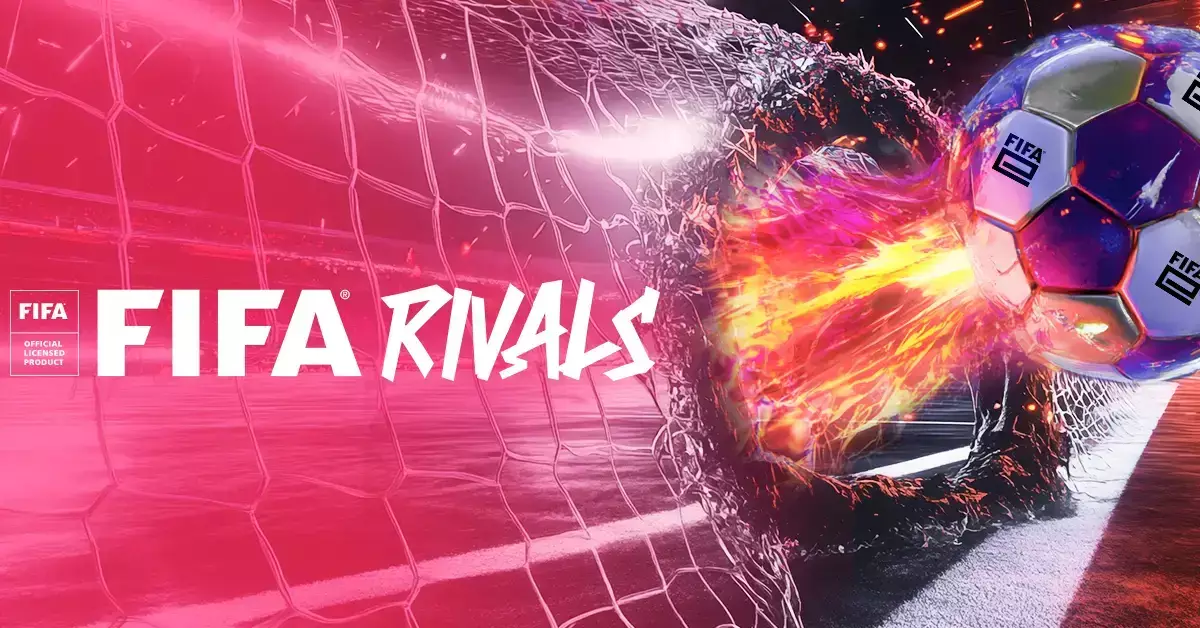In the rapidly evolving landscape of digital entertainment, FIFA Rivals has made a daring gambit that signals a shift in how football clubs capitalize on their brand power. The partnership with Borussia Dortmund isn’t merely a marketing stunt; it’s a deliberate assault on traditional club-fan relationships, reimagining engagement through the lens of interactive gaming. By integrating Dortmund’s star players and iconic branding into their platform, FIFA Rivals isn’t just expanding its user base, it’s redefining the very essence of what a football club can mean in a digital age. This move exposes a clear strategy: leverage the global reach of gaming to forge deeper emotional connections, transcending physical stadium boundaries and geographical limitations.
This alliance underscores a fundamental truth—digital authenticity and innovation are now business imperatives for football clubs seeking longevity outside their on-field achievements. Borussia Dortmund, a club with a storied history and a passionate worldwide following, capitalizes on this trend not purely for profit but to preserve relevance in a competitive ecosystem increasingly populated by tech giants and media conglomerates. For a centrist-minded supporter of pragmatic liberalism, this shift isn’t just about technological advancement; it’s about modernizing the sport’s community roots while respecting tradition.
Fan Engagement Reimagined: Advantages and Risks
The introduction of Borussia Dortmund into FIFA Rivals reflects a broader cultural shift toward immersive fan experiences. Playable characters, exclusive collectibles, and in-game rewards—these features cultivate loyalty through immediate gratification and digital ownership, aspects that are especially appealing to younger generations accustomed to instant access and personalized content. The launch week giveaway, offering free player cards and emblems, isn’t merely promotional; it’s a strategic tactic to stimulate daily active users and embed the club into players’ routines.
However, the digital extension of football raises questions about authenticity, commercialization, and fan representation. While the digital realm offers new revenue streams and cross-promotional opportunities, it risks diluting the organic connection that traditional club atmospheres foster. The danger lies in commodifying passion—transforming “support” into a series of in-game transactions—potentially alienating fans who prefer the tangible community experience. Nonetheless, the benefits of this approach are undeniable: it creates a seamless integration where fans can celebrate their allegiance both virtually and in real-life Events, such as Borussia Dortmund’s FanWelt, symbolize this hybrid model.
This hybridization could, if managed responsibly, bridge generational divides by creating a unified football culture that sustains itself across various platforms and experiences. It’s a calculated risk, but one that aligns with the modern consumer’s appetite for digital interaction, especially when tailored with exclusives and tangible rewards.
The Commercial Power Play and Future Implications
From a broader perspective, this partnership exemplifies a shift toward commodifying football’s cultural capital into digital assets—an approach driven by the commercialization of sport. Borussia Dortmund’s historic success and substantial revenue base provide a stable foundation to experiment with this new digital frontier, but it also raises concerns about the long-term implications of such ventures on the integrity of the sport.
The partnership signals a future where clubs like Dortmund must navigate the delicate balance between tradition and innovation. While the club’s rich history and global branding lend credibility, excessive reliance on digital ventures could threaten the core values that made the club beloved: its community, authenticity, and on-field excellence. Yet, for the pragmatic supporter, this transformation is necessary; it’s a way to ensure the club’s financial health and global relevance amid a competitive entertainment landscape that’s increasingly dominated by tech titans.
In this brave new world of digital fandom, clubs that adapt tactically—embracing innovation while safeguarding their core values—will thrive. Those that fail to recognize this shift risk becoming obsolete relics, their histories overshadowed by the digital empires they neglected to engage. Borussia Dortmund’s partnership with FIFA Rivals belongs to this new epoch of football—a calculated move to strike a balance between tradition and digital dominance.

